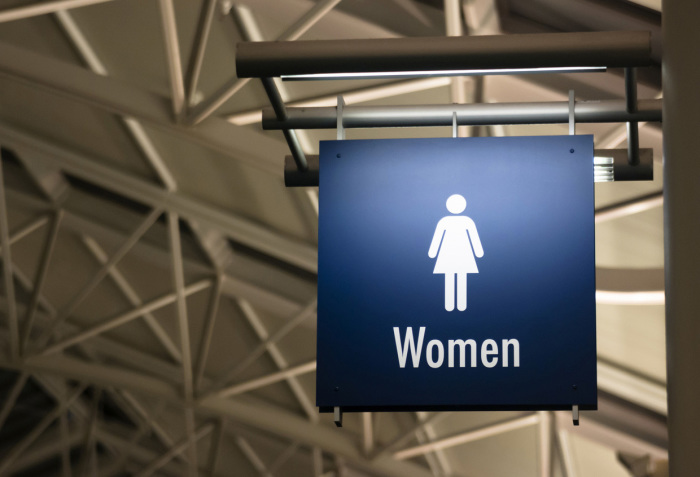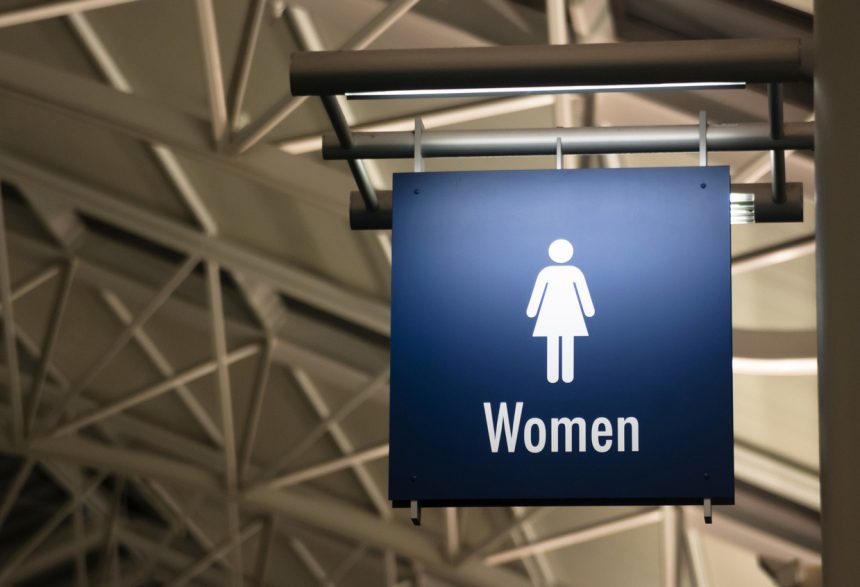
Idaho has taken additional action to prevent trans-identified males from entering women-only spaces amid ongoing pushback against policies allowing men to enter women’s restrooms, locker rooms and showers.
Idaho’s Republican Gov. Brad Little signed House Bill 264 into law last Tuesday. Little’s approval of the measure follows its passage in the Republican-controlled Senate in a 27-6 vote and the Republican-controlled House of Representatives in a 59-9 vote. The votes in both chambers fell along party lines, with all support for the legislation coming from Republicans and all opposition coming from Democrats.
The legislation requires correctional facilities, domestic violence shelters, juvenile correction centers and state institutions of higher education in Idaho to “designate each multi-occupancy restroom, changing room, and sleeping quarters for the exclusive use by either females or males.” It declares that, “Every restroom, changing room, or sleeping quarters within a covered entity that is designated for females or males shall only be used by members of that sex.”
The bill also includes a right of action enabling anyone who encounters a man in a women-only space to seek judicial relief. House Bill 264 expands on the protections of Senate Bill 1100, which prohibits trans-identified male students at K-12 schools from using girls-only spaces.
Alliance Defending Freedom legal counsel Sara Beth Nolan praised the enactment of House Bill 264 in a statement last Thursday. “Women and girls should not be forced to sacrifice their privacy and safety to activists pushing gender ideology,” she said. “Allowing men to invade girls’ spaces — including locker rooms, sleeping areas, or restrooms — compromises their dignity.”
“HB 264 ensures that girls’ spaces in public higher educational institutions, domestic violence shelters, and correctional facilities are not open to men, and it prioritizes privacy and safety for every Idahoan woman,” she added.
Idaho is one of 19 states that prohibits trans-identified males from using women’s bathrooms and sex-segregated spaces in some or all government-owned buildings. Idaho now joins Alabama, Louisiana, Mississippi, North Dakota, Ohio and West Virginia as states that require people to use sex-segregated spaces that align with their sex instead of their self-declared gender identity in K-12 schools and some government-owned buildings.
Florida, Montana, South Dakota, Utah and Wyoming prohibit trans-identified males from using women’s spaces in all government-owned buildings, while laws prohibiting trans-identified males from using women’s spaces in Arkansas, Iowa, Kentucky, Oklahoma, South Carolina, Tennessee and Virginia only apply to K-12 schools.
Efforts to require people to use bathrooms and other facilities that align with their sex stem from concerns about privacy and safety for women and girls. In 2022, a group of female athletes filed a lawsuit against the University of Pennsylvania over having to share a locker room with trans-identified male swimmer Lia (Will) Thomas. The female athletes described the situation as “definitely awkward because Lia still has male body parts and is attracted to women.”
More recently, a school district in Colorado has faced a lawsuit after an 11-year-old girl was forced to share a bed with a trans-identified male during an overnight school field trip.
A 2024 event hosted by The Christian Post titled “Unmasking Gender Ideology” featured testimony from Amie Ichikawa, who founded Woman II Woman, a nonprofit that ministers to incarcerated women. Ichikawa talked about how “44 male-born individuals” have “been successful in transferring into women’s prisons.” She asserted that as a result of allowing trans-identified males into women’s prisons, “babies are being born in custody.”
Ryan Foley is a reporter for The Christian Post. He can be reached at: ryan.foley@christianpost.com








